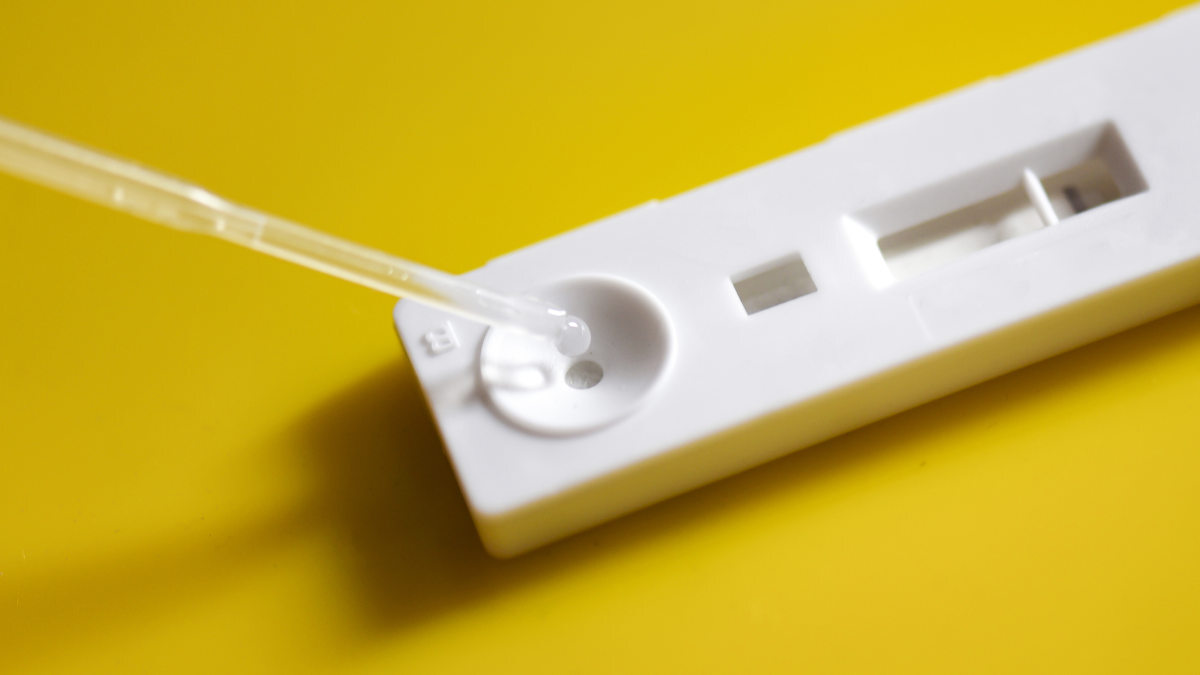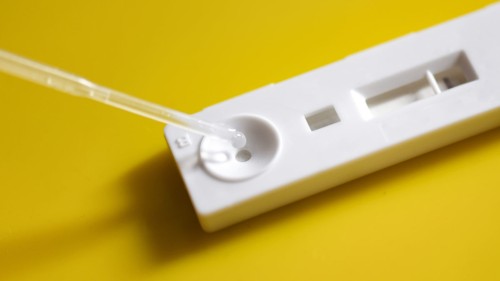Call for papers: Point-of-care testing for low-resource settings Collection
Published in Bioengineering & Biotechnology

Collection Overview
Scientific Reports has launched a Guest-Edited Collection on Point-of-care testing for low-resource settings.
There is an unmet critical need for reliable point-of-care testing, particularly in low-resource settings including low-income communities and remote locations, to advance global healthcare equity.
This will be a Collection of original research papers and will be open for submissions from all authors – on the condition that the manuscripts fall within the scope of the Collection and of Scientific Reports more generally. We are welcoming submissions until 27th May 2026.
Why is this Collection important?
"In resource-limited settings, point-of-care testing (POCT) methods enable simple and rapid detection of target molecules such as disease biomarkers and environmental pollutants. These approaches hold significant practical value for advancing human health, safeguarding environmental security, and ensuring food safety. The evolution of POCT technology has brought greater convenience and assurance to daily life. As POCT continues to advance at a remarkable pace, we have launched this special issue to highlight recent breakthroughs, particularly emphasizing its practical applications in real-world scenarios. We invite researchers to contribute their POCT-related work to this collection, fostering collaborative exploration of the future potential and boundaries of this field."
- Dr. Yingzhou Tao, Guest Editor
Why submit to a collection?
Collections like this one help promote high-quality science. They are led by Guest Editors, who are experts in their fields, and In-House Editors and are supported by a dedicated team of Commissioning Editors and Managing Editors at Springer Nature. Collection manuscripts typically see higher citations, downloads, and Altmetric scores and provide a one-stop-shop on a cutting-edge topic of interest.
Who is involved?
Guest Editors:
- Satish Kumar Dubey, Birla Institute of Technology & Science, India
- Chandra Mouli Pandey, Shree Guru Gobind Singh Tricentenary University, India
- Sudhakara Prasad, Yenepoya (Deemed to be University), India
- Yingzhou Tao, Jiangxi University of Chinese Medicine, China
Internal Team:
- In-House Editor: Junxia Wang, Scientific Reports, China
- Commissioning Editor: Charlotte Ben Romdhane, Fully OA Brands, Springer Nature, UK
- Managing Editor: Ioanna Pitsidianaki, Fully OA Brands, Springer Nature, UK
How can I submit my paper?
Visit the Collection page for more information on the Collection, and how to submit your article.
Follow the Topic
-
Scientific Reports

An open access journal publishing original research from across all areas of the natural sciences, psychology, medicine and engineering.
-
A Collection of original research articles on point-of-care testing, with a particular emphasis on robust, portable, power-free or self-powered, and low-cost detection systems.
Related Collections
With Collections, you can get published faster and increase your visibility.
Obesity
Publishing Model: Hybrid
Deadline: Apr 24, 2026
Reproductive Health
Publishing Model: Hybrid
Deadline: Mar 30, 2026






Please sign in or register for FREE
If you are a registered user on Research Communities by Springer Nature, please sign in